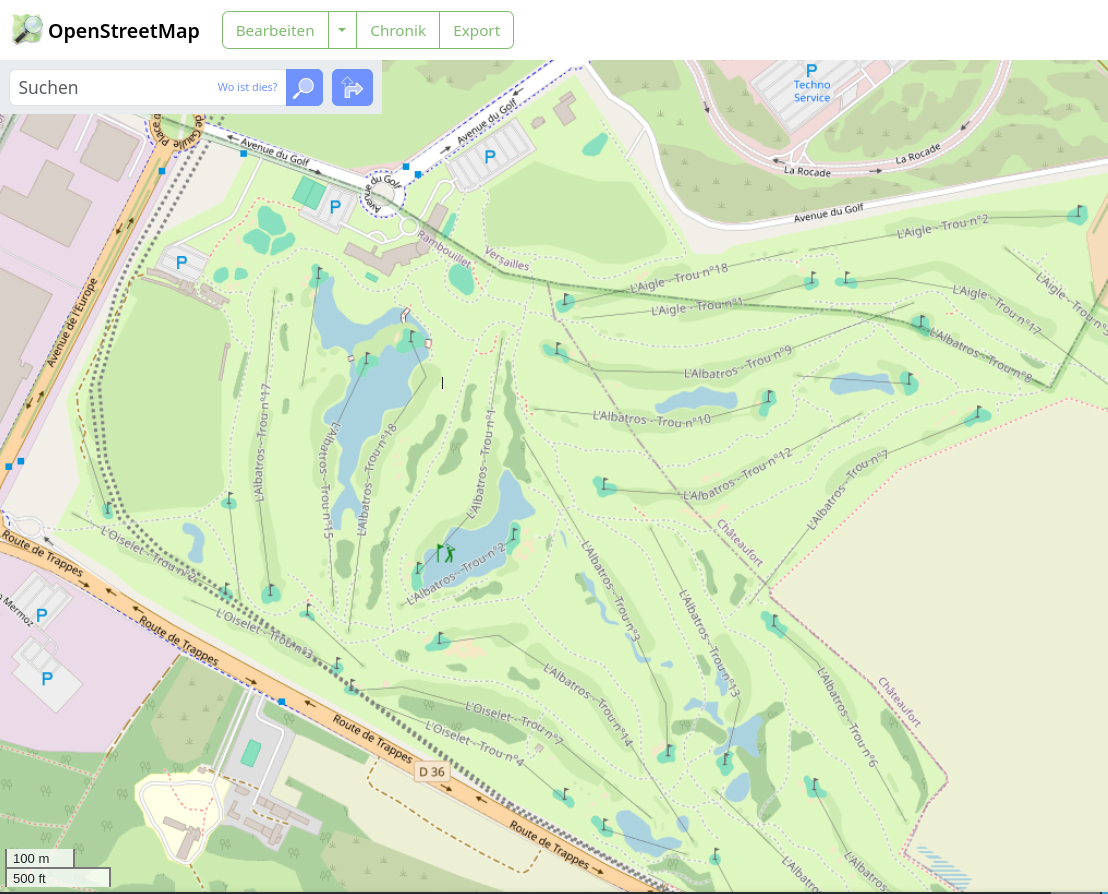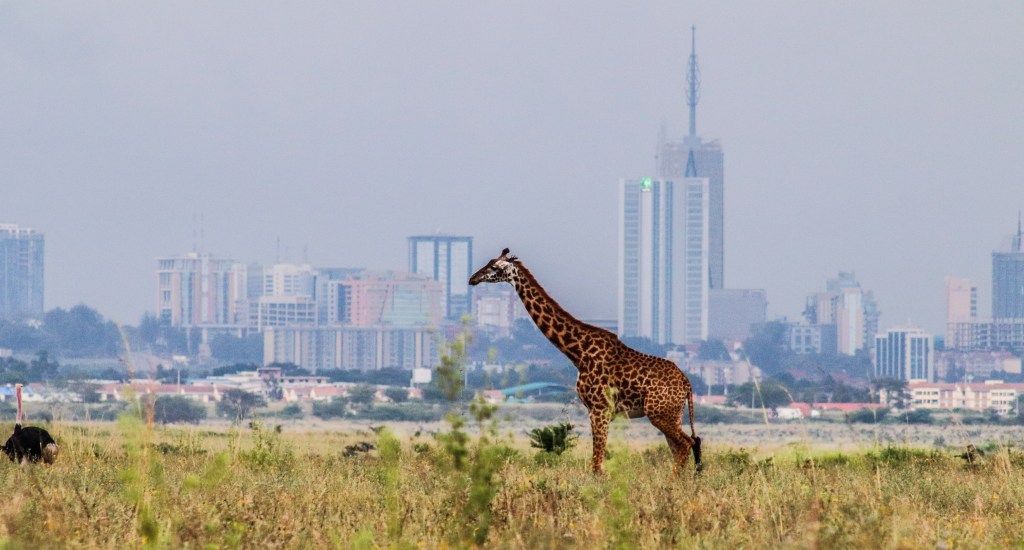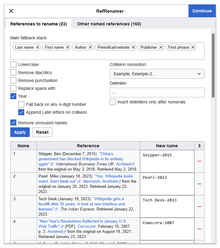|
This is a Wikipedia
user talk page. This is not an encyclopedia article or the talk page for an encyclopedia article. If you find this page on any site other than Wikipedia, you are viewing a mirror site. Be aware that the page may be outdated and that the user whom this page is about may have no personal affiliation with any site other than Wikipedia. The original talk page is located at https://en.wikipedia.org/wiki/User_talk:Bduke. |
|
August 5,
2024
Current UTC time and date
()
|
on this page unless you ask me to reply elsewhere.
- Following a request for comment, F10 (useless non-media files) has been deprecated.
- Following a request for comment, the Portal CSD criteria (P1 (portal subject to CSD as an article) and P2 (underpopulated portal)) have been deprecated.
- A request for comment is open to discuss making the closing instructions for the requested moves process a guideline.
- The results of the 2023 Community Wishlist Survey have been posted.
Is this the best silly British story you have ever heard?
[edit]When British people say they are “less paranoid” than Americans, what are some examples of what they mean?
This is a good example:- "I was staying on a campsite in rural Surrey. After coming from work I got off the train and headed out of the village into pitch darkness. Another chap followed me, so I turned to him and asked “Sorry, I forgot. Is it my turn to be the serial killer or yours?”. And so we walked home together that night."
Xmas letter - 2023
[edit]This year has not been easy although I have survived. I am getting old. On the good side, I am still walking 5 to 7 km every day. There are three walks that I do regularly. To the south east, I can walk through Lord Reserve and Koornang Park and then via the beginning of the Rosanna Street Reserve to Packer Park. To the south west I can get to the Rosstown Reserve. Ross was a complete idiot who build a factory at one place and a storage building at another place quite a distance away, and then a railway between the two, before going bust. The railway is now the Rosstown Reserve which is a lovely walk. I often walk it to Princes Park, which is quiet a large park. To the north west I can get to the Caulfield Racecourse, which is open to the public in the morning, but not the afternoon when the horses are exercised. There is a nice small park just to the south of the racecourse. You can also walk though a tunnel to the middle of the racecourse, where there are two small lakes.
However, my memory is clearly not as good as it was. I am still spending quite a time on Wikipedia, but not creating new articles. I check my watch list, which shows edits to articles I an interesting in, many times a day. I then revert nonsense that many add to Wikipedia. It is amazing that it actually works, but it certainly does. It works because of hundreds of people like me that quickly revert nonsense. While editing Wikipedia, I learn quite a lot. Posted to family and friends on 20 December, 2023.
2024
[edit]Hi all, I hope you had a lovely Christmas and a Happy New Year. At 84 I am beginning to think I am getting old. My memory is not what it was. However I am still able to do a walk every day, usually of 5 to 7 km and sometimes more. There are three nice walks to the east, west and north. My son, James, and his wife, live a bit further into Melbourne and I see them at least once a week and we chat every day by Facebook or phone. My son, Michal, who lives in New Zealand, phones me every couple of days. I have a zoom chat with them and my two daughters, Barbara and Alison who live in the UK, every week.
However, my memory is not getting better, so I am investigating moving into an aged care home which is not very far from where I live at present. I have now visited it and it is a nice place and near where I often walk. I will be allowed to go out everyday for a walk. Recently I have not been going to various events unless I go with Jim and Guia and it will be nice to be chatting to people much more frequently than I do now. I am still not sure when I will actually move in. I will keep you informed.
I should have dated the 2 paragraphs above. It was a few weeks back from today 16.02.2024. I am still uncertain about what is happening. However, I gather I will still have my computer in the care home. Bduke (talk) 03:07, 16 February 2024 (UTC)
I am now living in Arcare Carnegie - Aged Care Facility. As you see I do have my computer here working well and I spend quite a time on it. Bduke (talk) 05:21, 21 May 2024 (UTC)
Guild of Copy Editors 2023 Annual Report
[edit]Guild of Copy
Editors 2023 Annual Report
 Our
2023 Annual Report is now ready for review.
Highlights:
– Your Guild
coordinators: Dhtwiki,
Miniapolis and
Wracking.
To
discontinue receiving GOCE newsletters, please remove your name
from our
mailing list.
|
Rosemary Gillespie
[edit]Thank you for voting Keep for Rosemary Gillespie proposed deletion. She was often mentioned in Australia's parliament, her exploits were followed in the major Australian newspapers. And congratulations for being a Wikipedia editor for a long time. ~~~~ LPascal (talk) 09:41, 20 March 2024 (UTC)
Reminder to vote now to select members of the first U4C
[edit]- You can find this message translated into additional languages on Meta-wiki. Please help translate to other languages.
Dear Wikimedian,
You are receiving this message because you previously participated in the UCoC process.
This is a reminder that the voting period for the Universal Code of Conduct Coordinating Committee (U4C) ends on May 9, 2024. Read the information on the voting page on Meta-wiki to learn more about voting and voter eligibility.
The Universal Code of Conduct Coordinating Committee (U4C) is a global group dedicated to providing an equitable and consistent implementation of the UCoC. Community members were invited to submit their applications for the U4C. For more information and the responsibilities of the U4C, please review the U4C Charter.
Please share this message with members of your community so they can participate as well.
On behalf of the UCoC project team,
RamzyM (WMF) 23:17, 2 May 2024 (UTC)
Seventy years ago
[edit]Today, 15/05/2024 is the 70th anniversary of Roger Bannister running the first 4 minute mile. Only a few years after that I lived as the Senior Student in an annex of the Queen's College, Oxford University, opposite to the Oxford University Running track. The staff there had watched the race from the room I lived in.
Lookwide Camp
[edit]Want to look at Lookwide Camp? Thanks! --evrik (talk) 05:25, 5 June 2024 (UTC)
- A nice article that I see is mostly written by you. Well done. Bduke (talk) 10:58, 17 June 2024 (UTC)
Guild of Copy Editors June 2024 Newsletter
[edit]Guild of Copy
Editors June 2024 Newsletter
  Hello and welcome to the June 2024 newsletter, a quarterly-ish digest of Guild activities since April. Don't forget you can unsubscribe at any time; see below. Election news: Wanted: new Guild coordinators! If you value and enjoy the GOCE, why not help out behind the scenes? Nominations for our mid-year coordinator election are now open until 23:59 on 15 June (UTC). Self-nominations are welcome. Voting commences at 00:01 on 16 June and continues until 23:50 on 30 June. Results will be announced at the election page. Blitz: Nine of the fourteen editors who signed up for the April 2024 Copy Editing Blitz copy edited at least one article. Between them, they copy edited 55,853 words comprising twenty articles. Barnstars awarded are available here. Drive: 58 editors signed up for our May 2024 Backlog Elimination Drive and 33 of those completed at least one copy edit. 251 articles and 475,952 words were copy edited. Barnstars awarded are here. Blitz: Our June 2024 Copy Editing Blitz will begin on 16 June and finish on 22 June. Barnstars awarded will be posted here. Progress report: As of 05:23, 8 June 2024 (UTC) , GOCE copyeditors have completed 161 requests since 1 January and the backlog stands at 2,779 articles. Thank you all again for your participation; we wouldn't be able to achieve what we have without you! Cheers from Baffle gab1978 and your GOCE coordinators Dhtwiki, Miniapolis and Wracking. To
discontinue receiving GOCE newsletters, please remove your name
from our
mailing list.
|
WikiProject Scouting Newsletter: May 2024
[edit]

Other ways to participate: |
Administrators' newsletter – August 2024
[edit]News and updates for administrators from the past month (July 2024).
- Global blocks may now target accounts as well as IP's. Administrators may locally unblock when appropriate.
- Users wishing to permanently leave may now request "vanishing" via Special:GlobalVanishRequest. Processed requests will result in the user being renamed, their recovery email being removed, and their account being globally locked.
| Archives |
|---|
| 2017: 01, 02, 03, 04, 05, 06, 07, 08, 09, 10, 11, 12 |
| 2018: 01, 02, 03, 04, 05, 06, 07, 08, 09, 10, 11, 12 |
| 2019: 01, 02, 03, 04, 05, 06, 07, 08, 09, 10, 11, 12 |
| 2020: 01, 02, 03, 04, 05, 06, 07, 08, 09, 10, 11, 12 |
| 2021: 01, 02, 03, 04, 05, 06, 07, 08, 09, 10, 11, 12 |
| 2022: 01, 02, 03, 04, 05, 06, 07, 08, 09, 10, 11, 12 |
| 2023: 01, 02, 03, 04, 05, 06, 07, 08, 09, 10, 11, 12 |
| 2024: 01, 02, 03, 04, 05, 06 |
This Month in Education: June 2024
[edit]This Month in Education
Volume 13 • Issue 6 • June 2024
- From a Language Teacher to a Library Support Staff: The Wikimedia Effect
- 5th WikiEducation 2024 Conference in Mexico
- Lviv hosted a spring wikischool for Ukrainian high school students
- First class of teachers graduated from Reading Wikipedia in the Classroom 2024
- Empowering Digital Citizenship: Unlocking the Power of Open Knowledge with Participants of the LIFE Legacy
- Wiki Movimento Brazil supports online and in-person courses and launches material to guide educators in using Wikimedia projects
- Where to find images for free? Webinar for librarians answered many questions
- Wikimedia MKD and University of Goce Delchev start a mutual collaboration
WikiProject Yorkshire Newsletter - August 2024
[edit]| The Yorkshire WikiProject Newsletter | |||||||||||||||||||||||||||||||||||||||||||||||||||||||||||||||||||||||||||||||||||||||||||||||||||||||||||||||||||||||||||||||||||||||||||||||||||||||||||||||||||||||||||||||||||||||||||||||||||||||
|---|---|---|---|---|---|---|---|---|---|---|---|---|---|---|---|---|---|---|---|---|---|---|---|---|---|---|---|---|---|---|---|---|---|---|---|---|---|---|---|---|---|---|---|---|---|---|---|---|---|---|---|---|---|---|---|---|---|---|---|---|---|---|---|---|---|---|---|---|---|---|---|---|---|---|---|---|---|---|---|---|---|---|---|---|---|---|---|---|---|---|---|---|---|---|---|---|---|---|---|---|---|---|---|---|---|---|---|---|---|---|---|---|---|---|---|---|---|---|---|---|---|---|---|---|---|---|---|---|---|---|---|---|---|---|---|---|---|---|---|---|---|---|---|---|---|---|---|---|---|---|---|---|---|---|---|---|---|---|---|---|---|---|---|---|---|---|---|---|---|---|---|---|---|---|---|---|---|---|---|---|---|---|---|---|---|---|---|---|---|---|---|---|---|---|---|---|---|---|---|
|
|||||||||||||||||||||||||||||||||||||||||||||||||||||||||||||||||||||||||||||||||||||||||||||||||||||||||||||||||||||||||||||||||||||||||||||||||||||||||||||||||||||||||||||||||||||||||||||||||||||||
If you do not wish to receive the newsletter, please add an N to the column against your username on the Project Mainpage.
11:00, 1 August 2024 (UTC)
















 20 anos de OSM – Oficina do IVIDES para a UNIPAR
(Brasil)
20 anos de OSM – Oficina do IVIDES para a UNIPAR
(Brasil) 
























